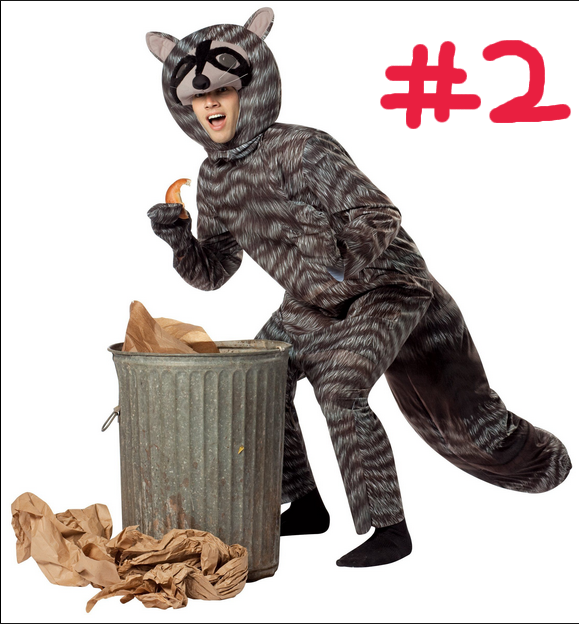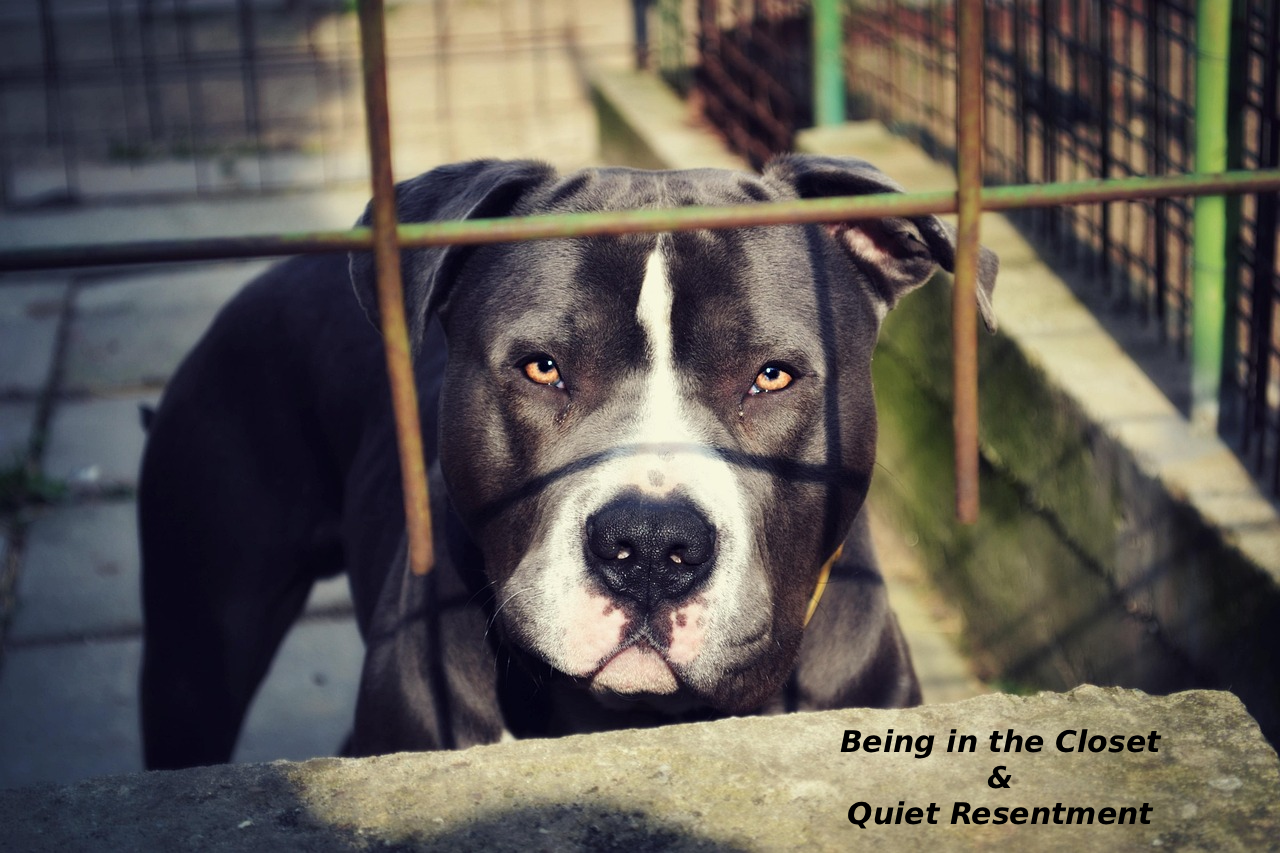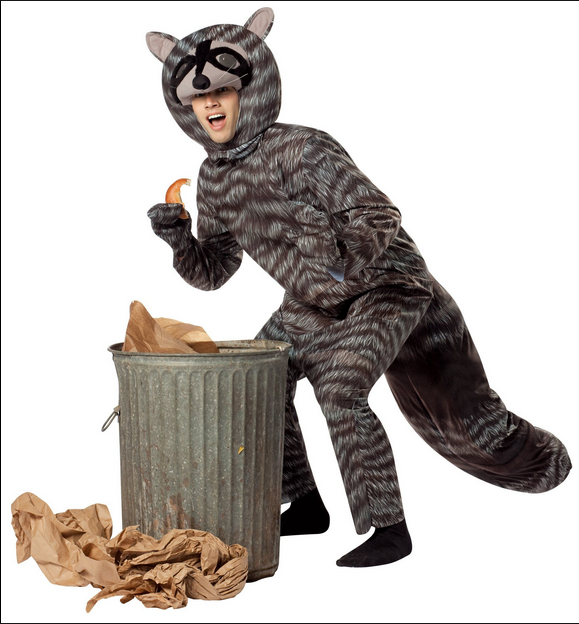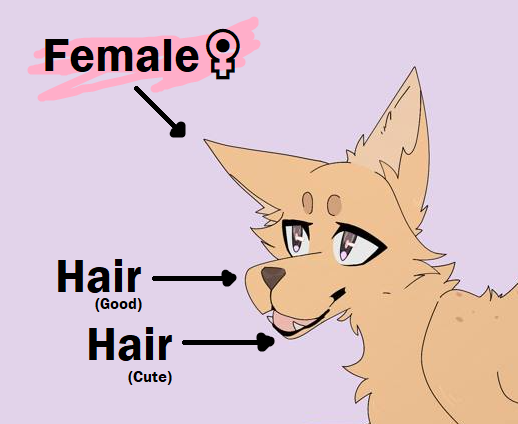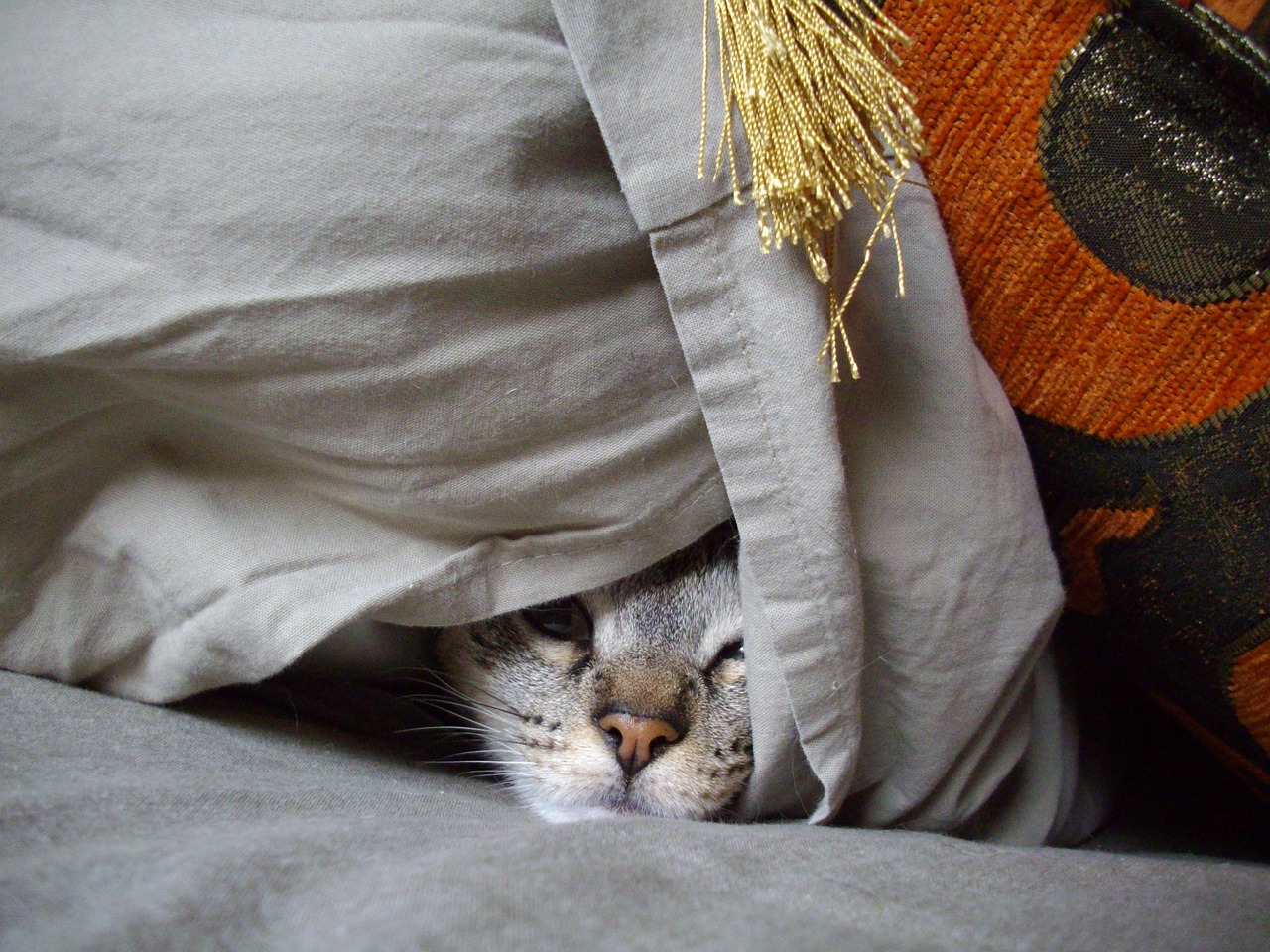Hi there! Quick disclaimer! If you didn't notice, this is part two of an article. We've already laid the groundwork and the foundation for the points we're going to be making here, so if you haven't read part one yet there's a good chance you're going to say "Wow this raccoon sure is making a lot of logical leaps!" which is most likely just stuff that I covered the first go around. I'm not the boss of you, you can read this one first if you want, but just in case you care about things like continuity, artist intent or just being a good person you can find the link to part one here.
https://zooeydotpub.zdu.se/being-yourself-part-1/
Okay, if you're reading this part we're all clear on part one, right? Perfect. Just a quick summary of events to get everyone in the right headspace. This is an article about being yourself. I originally had that whole thing about "me" as "me" versus "me" as "Tarro the character," but don't worry, we don't need to use that example anymore. The basic premise that we reached at the end of the article was that it's important to show that we as zoos are whole and complete people, and not just zoo obsessed weirdos because it's those other connections that are going to give us a chance.
But I want to actually talk about what that looks like. It's all well and good to just tweet "Wow I love Yu-Gi-Oh" once a year, but that's not really a reflection of you as a person so much as a statement that may happen to encapsulate something that you care about.
When queer rights were first becoming a thing there were a lot of factors that added to the social support the movement ended up receiving, but a big one was just queer people "coming out." Much like how people view zoosexuality now, the easiest social expectation at the time was to assume that gay people were wrong and bad. But when, oops, it turns out your daughter, your best friend, or the coworker that you always liked but never had the chance to talk to all come out as gay, suddenly it became real. It wasn't just "Gay people bad," it was "Laura is bad," "Henry is bad," "Jacob is bad." And if they already like you, that's a serious amount of dissonance.
The issue, of course, is that for that to happen Laura, Henry and Jacob needed to come out in the first place, and that can be extremely dangerous, especially at this stage of our movement. Thankfully, we don't have to come out in person- that's what the internet is for! We can exist as pseudonyms. As characters. And those characters are almost just as real to people as we could be with our real life pictures on our profiles. It also means that we can reach a lot more people.
Let's talk about golf. I promise this is going to be less boring than golf itself. You can tweet "Wow I love golf!" but that doesn't really establish anything about your character. It's just you throwing away a line that doesn't lead anywhere. However, there are a lot of angles to talk about golf from. For instance, you can talk about the actual gameplay, your favorite clubs to use in different scenarios, or the different ways that weather conditions impact your swing. You can get technical and get into specific kinds of equipment and swing form. You can talk about current events like what leg of the PGA tour we're on, or how certain players are doing. Hell, if you really want to ground yourself you could even talk about how certain courses play. All of those things are what I would call "Insider Knowledge." It's stuff that people that are actually into golf want to talk about, and that you would be surprised if non-golfers really wanted to get into. Last time we talked about a scenario involving blue cheese and celery, where a fellow celery simp might be more able to convince you to try blue cheese because they connected with you on the level of celery. That would be less effective if they said "I love celery!!! Blue cheese is also good, though," and more effective if they said "I harvested the celery stalks from my garden and they were perfect! This is our fifth time growing them, I think we nailed the water and soil ratio, and I think they're going to go great in our famous celery salad!" The details prove that you know what you're talking about, which means that when other people read it, they're more likely to actually care about your other opinions.
Say your favorite golf player is Scottie Scheffler. You're always supporting them, how they're playing, and following all their stats. If instead of "I love golf!" you say "Really happy with Scottie's performance this year, hitting 5 under at the Muirfield Village Golf Club really shows his growth from last year. Excited to see him play at the Sandersons Farms Championship." that's WAY more likely to have someone not just bother to engage with you, but also remember you. And so, if they do decide to click on your profile, and they see your previous message was "Cuddling up with my dog partner tonight with some salami and wine (the wine is for me)," they're seeing that message from a perspective of previously being positively engaged with you. That's not to say that they're going to immediately be like "Wow I love zoophiles now!" but they'll have a bit more of a positive association to approach the topic with.
Okay, we've talked a lot about Twitter with this, but while Twitter takes up a lot of the social landscape insofar as connecting with others by interest is concerned, it's far from the only option. Take Reddit, for instance. Say that you have a niche that you're interested in, and you find a subreddit for that thing that you like. Let's swap over to something like croquet. You join r/croquet with an account associated with your zoo self, and you start engaging with the community, posting examples of work that you've done, helping others out. And then, one day, you post a croquetted zoo flag you made and you say "Made this for a zoo friend of mine what do you all think?" This is MUCH more powerful than someone seeing a zoo on Twitter and just saying "Eww." At that point, you've got friends, and connections. If people have an emotional attachment to you, one way or another, then they're forced to confront their internal biases much more directly.
Or, another example that may be a bit more applicable to the youths. Say that you're really into a video game that's a little indie. It has a Discord server with a thousand people or so where people come to talk about the game, but also to make friends and what not. You join the community on your zoo account, not to promote the zoo cause, but just to talk about the game. You get invested, you make friends, and you do whatever is applicable given the game in question. And then, at some point while you're in a voice call gaming with people, you say "Sorry guys, my boyfriend needs to go out, is it cool if I go do that for 10 minutes?" And they say "You have to take your boyfriend out?" And you say "Well yeah, he's a dog." Or, maybe at some point someone sees a flag in your discord profile and asks you about it, and you say "yeah it's the zoo flag" and move on. Those kind of interactions engage people with the topic in an extremely nonconfrontational way; they make it seem normal, and that's the goal. If the topic is normal, it's much easier to give the benefit of the doubt to.
There's a key factor in both these examples though: "On your zoo account." See, here's the tricky thing about all of this. You're likely already in the spaces that you want to be in for your interests. You probably have another account that you do all those things with. At least, I know I do. And that name is tied to my real life in ways that would be impossible to de-link. It's so much easier to just use that name for everything non-zoo related. If I engage with the things that I like as myself, that's all there is to it. It's simple and easy. But if I join as Tarro, suddenly it's much more complicated. I have to adhere to the same privacy concerns there that I do everywhere else, or there's a chance that information that I don't want to leak ends up getting to the wrong people. For example, if I join a League server, they might ask me my time zone, something I'm generally careful to avoid giving away everywhere else. Where as if I'm on my other account, I don't care at all if people know what hour it is for me right now. Just in general, people on the internet in other spaces are much more willing to share things about themselves. If people start talking about what state in the US they live in, it might feel weird not participating in that conversation, for example.
Not only that, but there gets to be a concern about what the spaces that you join say about you. Say that you get involved in a tennis group, start tweeting about cars, and bring up picking flowers during the summer in a group chat. If those are things that you talk about on your main as well, they're things that people can cross check against yourself in order to try and get your information.
So that leaves us stuck at a bit of an impasse. On one hand, we want to show as much of our authentic selves as possible in order to try and show others that we really are people just like them, and communicate with them on a personal level. On the other hand, it can be hard to engage with others in that way on our zoo accounts because we might put ourselves at a bit more risk when doing so. What's the solution?
Well, unfortunately, there isn't one. It's up to everyone to choose just how much work and risk they're willing to put themselves in for the sake of the zoo movement. But here's how it shakes out for me.
I really like video essays. I do a lot of writing (as you may or may not have guessed), and I find video essays are perfect to have on in the background while I work. They're just enough noise that I don't end up having my mind wander too much, but generally not so attention grabbing that I lose focus on what I'm writing. There's just something about listening to a rant about a topic that I'm marginally interested in that makes it much easier for me to dial in on getting writing done.
When I find a new video essayist that I like, I've started trying to engage with that content on my zoo account. I've joined a couple Discord servers, I've shared their posts on Twitter, I tune into streams every now and then if they're doing them. And a lot of the time, those creators then in turn engage with me. They like, reply, etc. But not just them, other fans of those creators who I then talk with and share recommendations with. I've had real conversations with content creators that may not have been about zoosexuality, but who now know the name Tarro, and have almost definitely seen the other messaging I've put out, and still choose to keep me as part of their audience. To be clear, I'm not doing this because I'm trying to be a spy or infiltrate them like a sleeper agent or anything. I'm doing it because I like that style of content, and I like the creators I follow. I'm doing exactly what I would do on my other account, just as Tarro instead.
In October, the League of Legends Worlds tournament is going to start. I'm probably going to engage with that pretty heavily on social media. I'm even running a watch party for it in the Zooey Dot Pub Discord server, which is a public space. I'm sure that I'm going to engage with lots of other people that are interested in watching Worlds that otherwise would dismiss my existence. I might not be giving out the name of my account I've been playing the game for years and years on, but I'm still finding ways to engage with the things that I love as myself. As Tarro.
It feels dumb to say, but it's real. Especially if you're someone that doesn't create for the community yourself, but engages a lot in other spaces, doing so can be more powerful than writing a hundred articles. The best thing you can do for the zoo movement as a whole is to just be yourself, engage in the things that you love, and do exactly what you were going to do otherwise. Just do it as a zoo.
Article written by Tarro (September 2024)
Questions, comments or concerns? Check out our Discord server!
